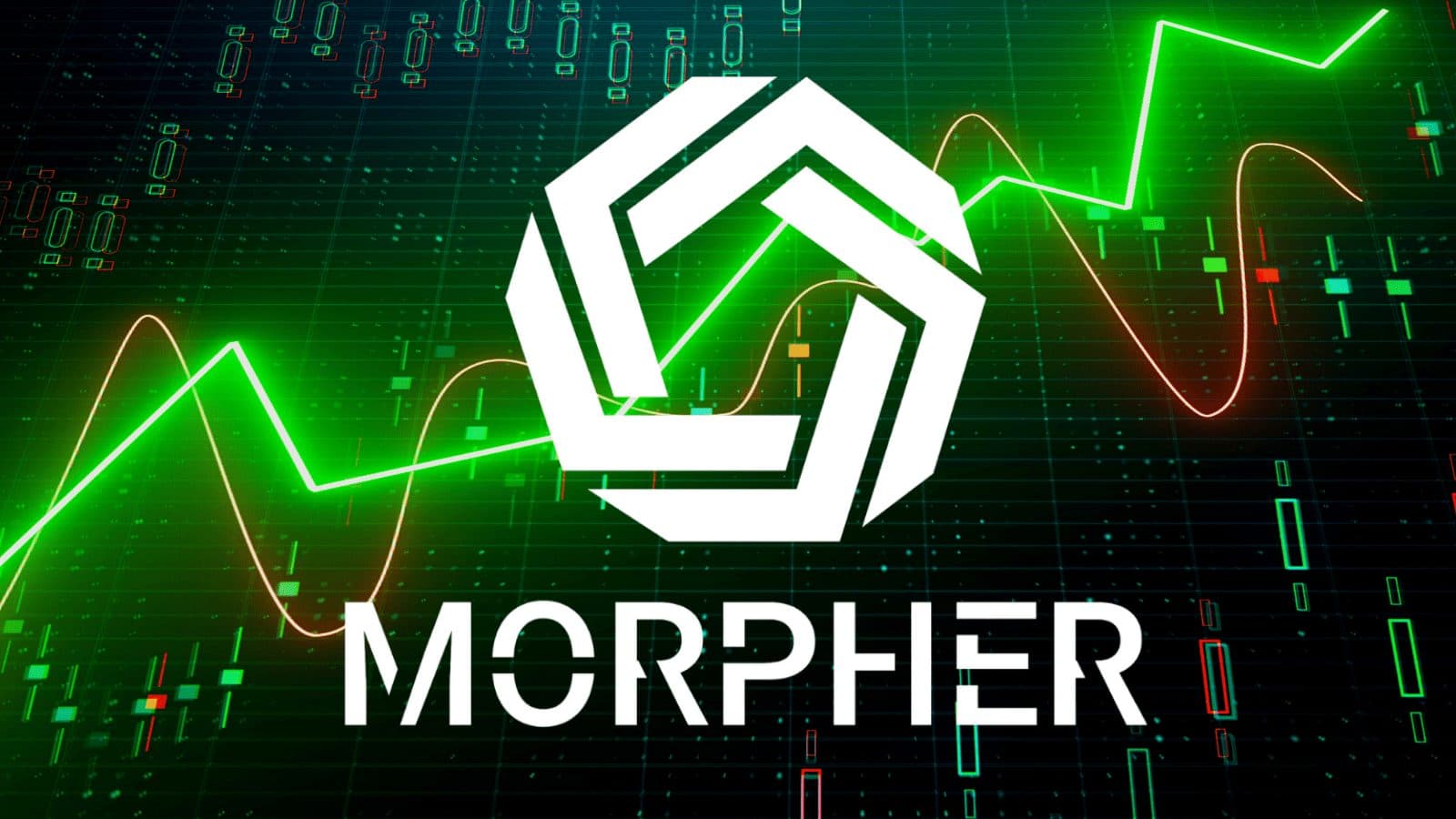Crypto Startup That Trades Virtual Versions of Real World Assets Aims to Subvert Banks
Morpher secured the backing of venture capitalist Tim Draper

Source: Blockworks
- The platform has its own native token, MPH
- Morpher now has more than 50,000 monthly users and has settled more than 1 million trades
A blockchain-based platform for trading synthetic exposures to real-world assets has earned the backing of venture capitalist Tim Draper as the firm builds out its business.
Austria-based Morpher raised a $6 million Series A round led by Draper Associates, with participation from RTP Ventures and APEX Ventures, Morpher CEO Martin Froehler told Blockworks. The round brings the startup to a post-money valuation of $33 million.
Morpher employs the Ethereum blockchain to create virtual versions of stocks, commodities and currencies — without having to hold the underlying asset or transact through intermediaries. One potential application, Froehler said, would be to create an index of housing prices within a specific zip code in the US, without owning any of the property outright.
The trades are executed in the company’s virtual currency, MPH, which the company mines to turn a profit. The company operates its own non-custodial wallet. The idea is to democratize access to investments for those outside of or underserved by traditional capital markets.
“In a nutshell, it’s about access to the markets and liquidity in the markets,” Froehler said.
The platform now has more than 50,000 active monthly users from 100 countries and has executed more than 1 million trades. Froehler plans to use part of the fresh capital to hire eight new staffers on the product and marketing front, aiming to bring staff size to 20 by year-end from its current 12 employees. A mobile app is also in the works.
The plan is to also roll out investments in exotic corners of the financial markets, such as the spot price of cannabis. Morpher doesn’t charge fees on its trades but profits from its tokens.
Froehler, a former quantitative hedge fund manager, said the intent is to ease some of the pain points of traditional finance by offering 24/7, commission-less trades.
“Regardless of where you are in the food chain, trading is always burdensome,” he said. “It is costly. And it is very unfair.”
Get the news in your inbox. Explore Blockworks newsletters:
- The Breakdown: Decoding crypto and the markets. Daily.
- 0xResearch: Alpha in your inbox. Think like an analyst.






